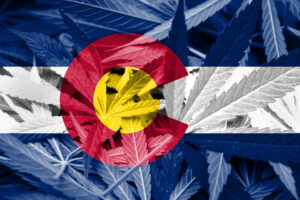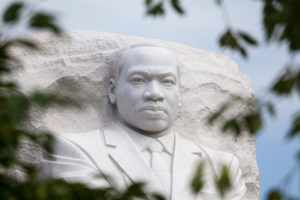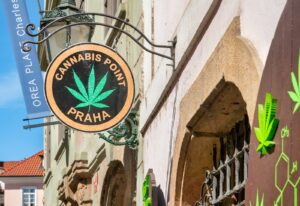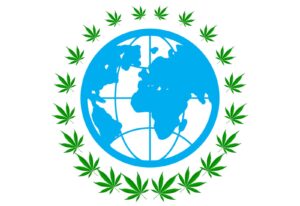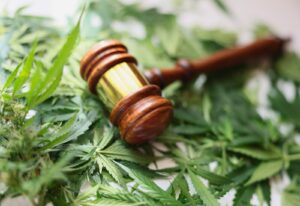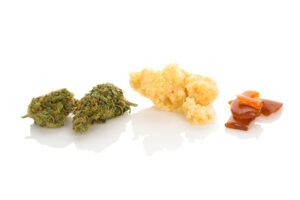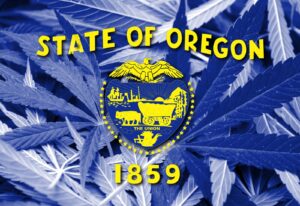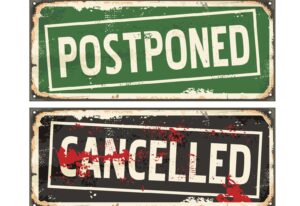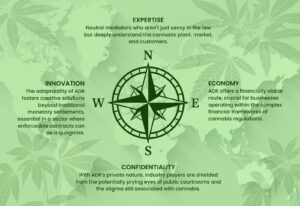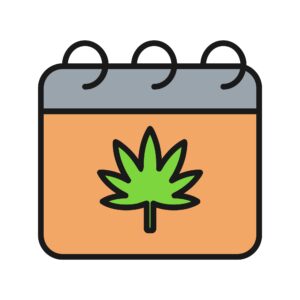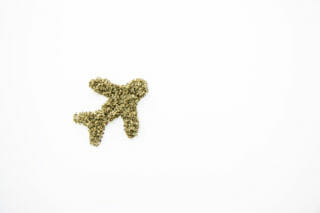 In the past few months, our team has been quoted in several magazines and online publications on the risks of traveling with CBD products. These media inquiries resulted from repeated arrests of travelers in possession of CBD oil at the Dallas/Fort Worth International Airport (“DFW”).
In the past few months, our team has been quoted in several magazines and online publications on the risks of traveling with CBD products. These media inquiries resulted from repeated arrests of travelers in possession of CBD oil at the Dallas/Fort Worth International Airport (“DFW”).
At the time of these arrests, the Transportation Security Administration (“TSA”), an agency of the U.S. Department of Homeland Security that has authority over the security of the traveling public in the United States, maintained the position that:
Possession of marijuana and cannabis infused products, such as Cannabidoil (CBD) oil, is illegal under federal law. TSA officers are required to report any suspected violation of law, including possession of marijuana and cannabis infused products. TSA’s screening[s] are focused on security and are designed to direct potential threats to aviation and passengers. Accordingly, TSA security officers do not search for marijuana or other illegal drugs, but in the event a substance that appears to be marijuana or a cannabis infused product is observed during security screening, TSA will refer the matter to a law enforcement officer.”
As a federal agency, TSA adheres to the rules and regulations of the federal government. However, even after the passage of the 2018 Farm Bill and the legalization of hemp, TSA continued not to differentiate marijuana from hemp and to treat all CBD products as illegal under federal law.
However, following more arrests at DFW last week, TSA decided to provide some clarification and revised its Medical Marijuana page, which provides that:
Products/medications that contain hemp-derived CBD or are approved by the FDA are legal as long as it is produced within the regulations defined by the law under the Agriculture Improvement Act 2018.” (Emphasis added).
However, these new guidelines are vague and confusing.
First, to which “regulations defined by the law” under the 2018 Farm Bill is TSA referring? Is TSA going to allow hemp-derived CBD products processed pursuant to a plan approved by the U.S. Department of Agriculture (“USDA”)? No such product currently exists since the USDA has yet to approve state plans. Alternatively, is the agency authorizing passengers to carry products processed under a 2014 state pilot program? This might make more sense, as the 2018 Farm Bill provides that the 2014 Farm Bill shall remain in place for one year following the adoption of rules by the U.S. Department of Agriculture.
Still, if TSA intended for the latter to apply, then it would mean that passengers could carry hemp-derived CBD “products/medications,” such as CBD-infused food and dietary supplements, whose introduction in interstate commerce has been deemed unlawful by the FDA. Indeed, the language of the TSA guidelines provides that both hemp-derived CBD “products/medications” that meet the “regulations defined by the law” under the 2018 Farm Bill “or” FDA approved “products/medications” may be brought on planes. Currently, the FDA has only approved the following “products/medications”: (1) three generally recognized as safe (“GRAS”) hemp seed ingredients; and (2) Epidiolex, a CBD-infused drug used in the treatment of epilepsy.
TSA is now one of several federal agencies to have revisited its policies regarding the legality of hemp-derived CBD products, including the U.S. Alcohol and Tobacco and Trade Bureau, the U.S. Patent and Trademark Office, the U.S. Postal Services and the USDA.
It remains to be seen how TSA will enforce its new policy and whether it will defer to other federal agencies, including the FDA which is exploring potential pathways for dietary supplements and/or conventional foods containing CBD to be lawfully marketed, in developing its enforcement strategy.
But one thing is certain, unless TSA clarifies these guidelines, more airport arrests could ensue.
We will continue to monitor this issue and will keep you informed of any development. For now, the “anything goes” approach to CBD and air travel is a risky one, despite some reporting out there to the contrary.










